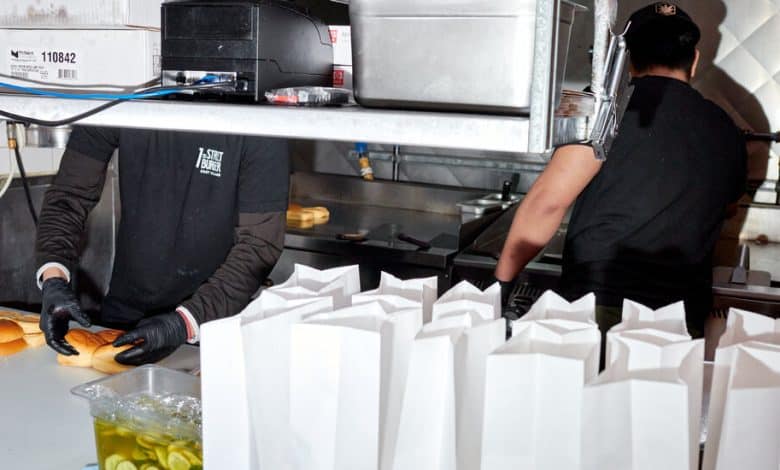Can America Turn a Productivity Boomlet Into a Boom?

Kevin Rezvani came of age in kitchens: spending summers at his grandfather’s bakery in Japan, doing work-study in his college cafeteria and working for years as a line cook at mid-tier restaurants, along with some stints in fast food.
By his late 20s, the biggest takeaway Mr. Rezvani had from his experience “working in every kind of thing in food” was the industry’s widespread inability to reconcile the art of a kitchen, and the science of a restaurant, with the math of a business.
Too many ventures, he says, are not profitable enough to justify all the work hours needed from managers and employees to stay afloat, much less grow. In other words, they fall short on productivity.
“There’s a very fine line between doing OK, and doing well in this business,” said Mr. Rezvani, now 36. “And if you’re doing OK, it’s not worth your time.”
He and two partners opened a casual sit-down restaurant near Rutgers University a few years after his graduation. But in early 2020, they split from him over personal and business disagreements, and he was on his own.
To pay bills, he worked for a moving company and made deliveries for Amazon, which was booming during the lockdowns, as people idled at home spent their disposable income on buying goods.
We are having trouble retrieving the article content.
Please enable JavaScript in your browser settings.
Thank you for your patience while we verify access. If you are in Reader mode please exit and log into your Times account, or subscribe for all of The Times.
Thank you for your patience while we verify access.
Already a subscriber? Log in.
Want all of The Times? Subscribe.
